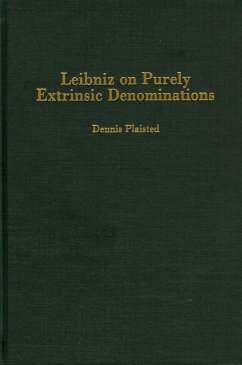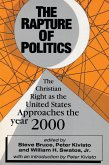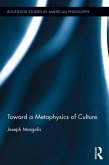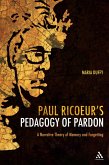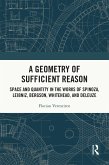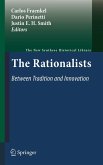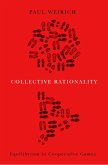An examination of the philosopher Gottfried Leibniz's views on extrinsic denominations [relational properties], which argues that they are in fact the properties of the things they denominate.
The philosopher Gottfried Leibniz said that one of his most important doctrines, and in fact one of the most important doctrines in all of philosophy as well as theology, is that there are no purely extrinsic denominations [NPE hereafter]. The prevailing interpretation of his views is that all extrinsic denominations [roughly relational properties] reduce to intrinsic denominations [roughly non-relational properties]. According to this reductionist view, things only have intrinsic denominations as properties; extrinsic denominations are not genuine properties of things. This book, however, takes a completely different view, arguing that NPE is actually the claim that extrinsicdenominations are properties of the things they denominate. To establish his view, the author examines numerous texts in which Leibniz derives NPE from other of his well-known doctrines, such as his predicate-in-subject principleof truth, the interconnection of all things and the identity of indiscernibles. Plaisted also investigates Leibniz's use of NPE as a premise to establish his claim that each monad expresses the universe. The result is that the author's reading of NPE allows for far more plausible and natural reconstructions of these arguments than does its reductionist counterpart. Finally, by exploring the inferential connections between NPE and these other important Leibnizian doctrines, this work also displays the central place that NPE occupies in Leibniz's philosophy as a whole. Dennis Plaisted received his Ph.D. in philosophy from the University of California at Santa Barbara and his J.D.from the University of Southern California Law School. He is currently Visiting Professor of Philosophy at the Rochester Institute of Technology.
The philosopher Gottfried Leibniz said that one of his most important doctrines, and in fact one of the most important doctrines in all of philosophy as well as theology, is that there are no purely extrinsic denominations [NPE hereafter]. The prevailing interpretation of his views is that all extrinsic denominations [roughly relational properties] reduce to intrinsic denominations [roughly non-relational properties]. According to this reductionist view, things only have intrinsic denominations as properties; extrinsic denominations are not genuine properties of things. This book, however, takes a completely different view, arguing that NPE is actually the claim that extrinsicdenominations are properties of the things they denominate. To establish his view, the author examines numerous texts in which Leibniz derives NPE from other of his well-known doctrines, such as his predicate-in-subject principleof truth, the interconnection of all things and the identity of indiscernibles. Plaisted also investigates Leibniz's use of NPE as a premise to establish his claim that each monad expresses the universe. The result is that the author's reading of NPE allows for far more plausible and natural reconstructions of these arguments than does its reductionist counterpart. Finally, by exploring the inferential connections between NPE and these other important Leibnizian doctrines, this work also displays the central place that NPE occupies in Leibniz's philosophy as a whole. Dennis Plaisted received his Ph.D. in philosophy from the University of California at Santa Barbara and his J.D.from the University of Southern California Law School. He is currently Visiting Professor of Philosophy at the Rochester Institute of Technology.
Dieser Download kann aus rechtlichen Gründen nur mit Rechnungsadresse in A, D ausgeliefert werden.

